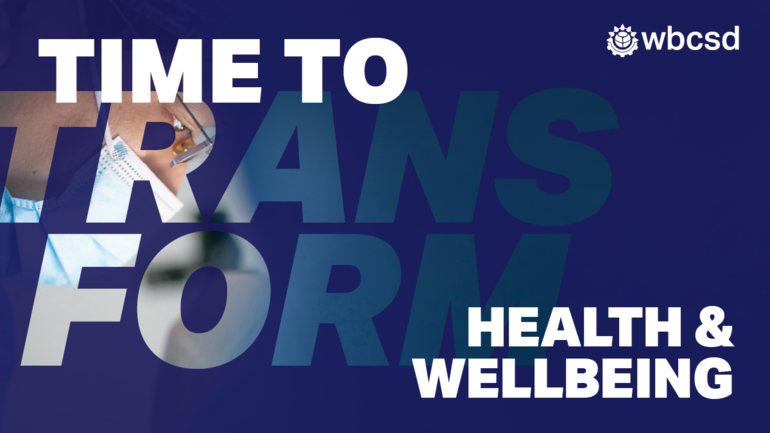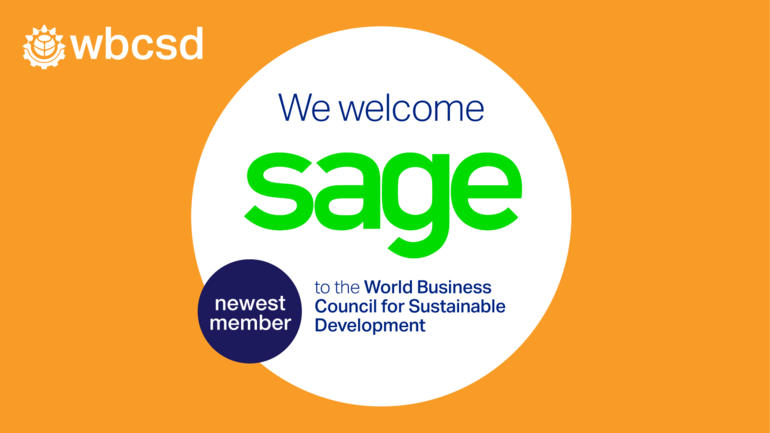Geneva, 30 January 2012 –Collaboration, innovation, transformation features case studies from 10 leading companies demonstrating how sustainable value chains can create competitive advantage for business.
A rapid transformation in the way products and services are produced and consumed is essential to keep up with the demands of the globe’s growing population without further damaging the environment. Significant social and environmental challenges will see agricultural output double and resource efficiency increase tenfold according to theWBCSD’s seminal Vision 2050 report.
“These are challenges that impact of all of us – governments, businesses, nongovernmental organizations and consumers alike. That’s why it’s essential that we work together to assess and solve the environmental and social issues we face – transforming the way we produce and consumer products and services – and in doing so, improving the sustainability of our value chains” said Paul Polman, CEO of Unilever, and Bea Perez, Chief Sustainability Officer of The Coca-Cola Company.
Designed as a practical “how-to” guide, Collaboration, innovation, transformation outlines concrete actions companies can take to drive sustainability through their value chains. At each step in the process, companies are offered a series of practical recommendations to identify and implement systematic improvements. The report includes case studies that demonstrate how sustainable value chain approaches have been successfully adopted by companies and made them more competitive.
Peter Paul van de Wijs, Managing Director, Business Role Focus Area, WBCSD, said: “Businesses are under increasing pressure to re-evaluate their value chains as the world’s resources dwindle and a rapidly expanding population increases demand for products and services. Truly understanding the impacts of the value chain, and identifying hot spots throughout it where improvements can be made, is essential. The guide shows that great potential exists for companies to further reduce the overall environmental impact of the products they market.”
Collaboration, innovation, transformation explores five critical success factors to implementing a sustainable value chain: (1) leveraging the power of collaboration; (2) understanding customer and consumer needs, and proactively encouraging them to make new choices; (3) identifying “hot spots” to focus on the changes that will have the greatest impact; (4) ensuring healthy supply/demand in order to reach economies of scale; and (5) committing to the initiative.
Collaboration, innovation, transformation was developed under the leadership of WBCSD member companies Unilever and The Coca-Cola Company. Featured case studies are from Solvay, Umicore, AkzoNobel, Philips,Henkel, Procter & Gamble, TNT, The Coca-Cola Company, Unilever, Sompo Japan Insurance and SABIC








